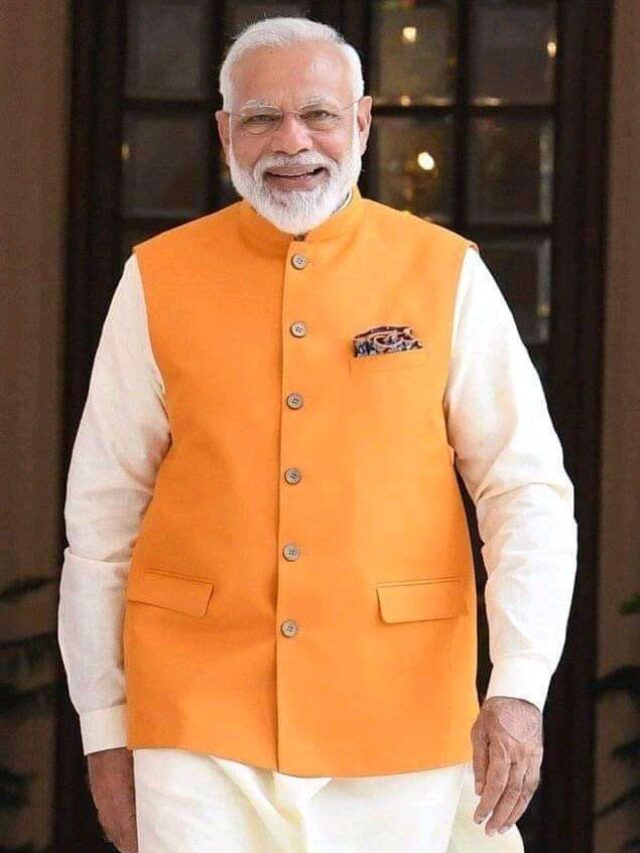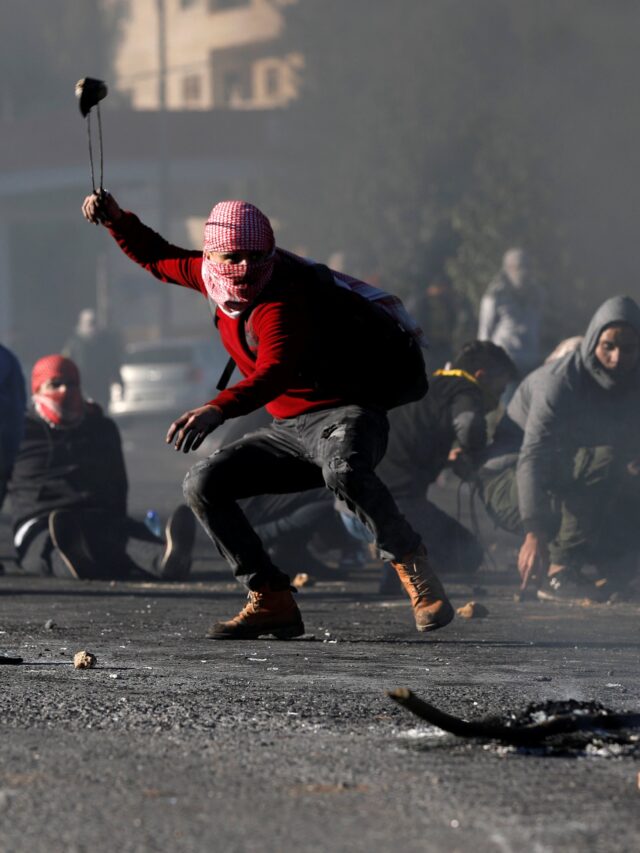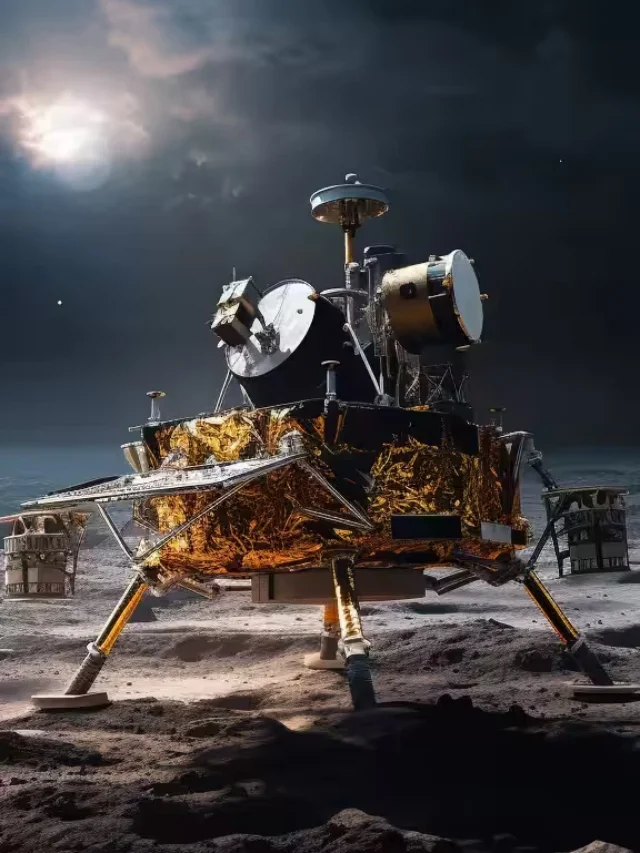
Chinese Communist Party
The Chinese Communist Party (CCP)’s control over the country’s technological development raises questions about the potential use of these technologies for military purposes and underscores the need for greater transparency from China on its strategic goals and intentions.
‘Concern Raised’ As Communist Party’s Controls Over China’s Technological Development
Chinese Communist Party overseas China’s technological development
China recently undertook a significant reorganization of its Ministry of Science and Technology, creating a Central Science and Technology Commission that is directly overseen by the Chinese Communist Party (CCP).
This move by China raises concerns about the country’s intentions and underscores the need for the international community to closely monitor China’s technological advancements.
The move was recommended by the State Council of the People’s Republic of China, as it recognizes the importance of technology competition with the United States and the need for the CCP to have direct control over the ministry.
Two Sessions
The reorganization was carried out during the “Two Sessions”, which are highly ceremonial, important meetings of the National People’s Congress (NPC) and Chinese People’s Political Consultative Conference (CPPCC). These sessions serve as a platform for the CCP to ratify institutional and personnel changes, legislate, and endorse government budgets. Dissent is not tolerated.
The endorsement of the dominant role of the CCP in China’s technology development during the Two Sessions reveals the importance that China’s leaders place on the sector. President Xi Jinping has emphasized that the development of key strategic technologies, such as space, AI, and quantum communications and computing, plays a vital role in China’s aim to become a global power by 2049.
Meanwhile, it was recently reported that China has territorial disputes with more countries than it shares its borders with. The Chinese Communist Party, the CCP, with Xi Jinping at the helm, has used deceitful tactics and manipulation in order to attempt to assert territorial control over other sovereign territories. Beijing has flouted all international norms in its expansionist bid to control more territory.
A strained Indo-Chinese relationship is witnessing a further plunge, courtesy of China’s repeated illegal and provocative campaigns to alter the status quo along the Line of Actual Control, the de facto border between the two nuclear-armed countries.
(Source ANI)
To read more such news, download Bharat Express news apps









































